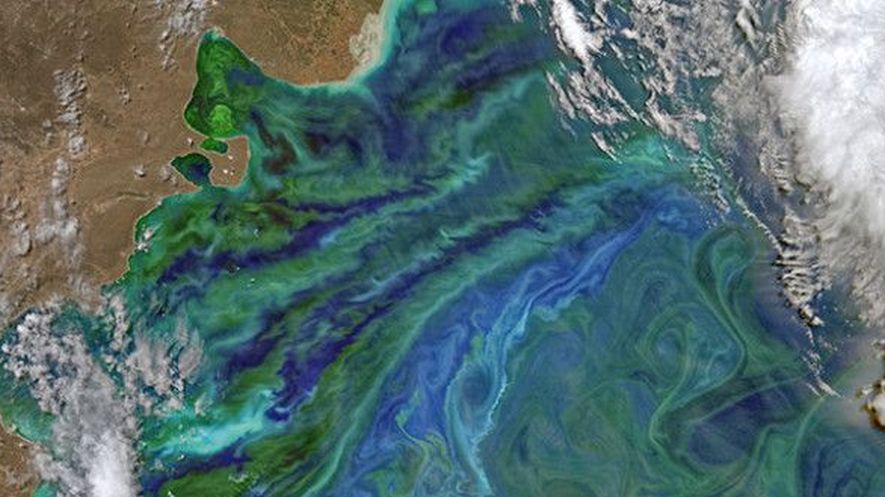Falling oxygen levels caused by global warming could be a greater threat to the survival of life on planet Earth than flooding, according to researchers from the University of Leicester.
A study led by Sergei Petrovskii, Professor in Applied Mathematics from the University of Leicester’s Department of Mathematics, has shown that an increase in the water temperature of the world’s oceans of around six degrees Celsius – which some scientists predict could occur as soon as 2100 - could stop oxygen production by phytoplankton by disrupting the process of photosynthesis.
Professor Petrovskii explained: “Global warming has been a focus of attention of science and politics for about two decades now. A lot has been said about its expected disastrous consequences; perhaps the most notorious is the global flooding that may result from melting of Antarctic ice if the warming exceeds a few degrees compared to the pre-industrial level. However, it now appears that this is probably not the biggest danger that the warming can cause to the humanity.
“About two-thirds of the planet’s total atmospheric oxygen is produced by ocean phytoplankton – and therefore cessation would result in the depletion of atmospheric oxygen on a global scale. This would likely result in the mass mortality of animals and humans.”
The team developed a new model of oxygen production in the ocean that takes into account basic interactions in the plankton community, such as oxygen production in photosynthesis, oxygen consumption because of plankton breathing and zooplankton feeding on phytoplankton.
While mainstream research often focuses on the CO2 cycle, as carbon dioxide is the agent mainly responsible for global warming, few researchers have explored the effects of global warming on oxygen production.
The paper ‘Mathematical Modelling of Plankton–Oxygen Dynamics Under the Climate Change’ published in the Bulletin of Mathematical Biology is available here.



